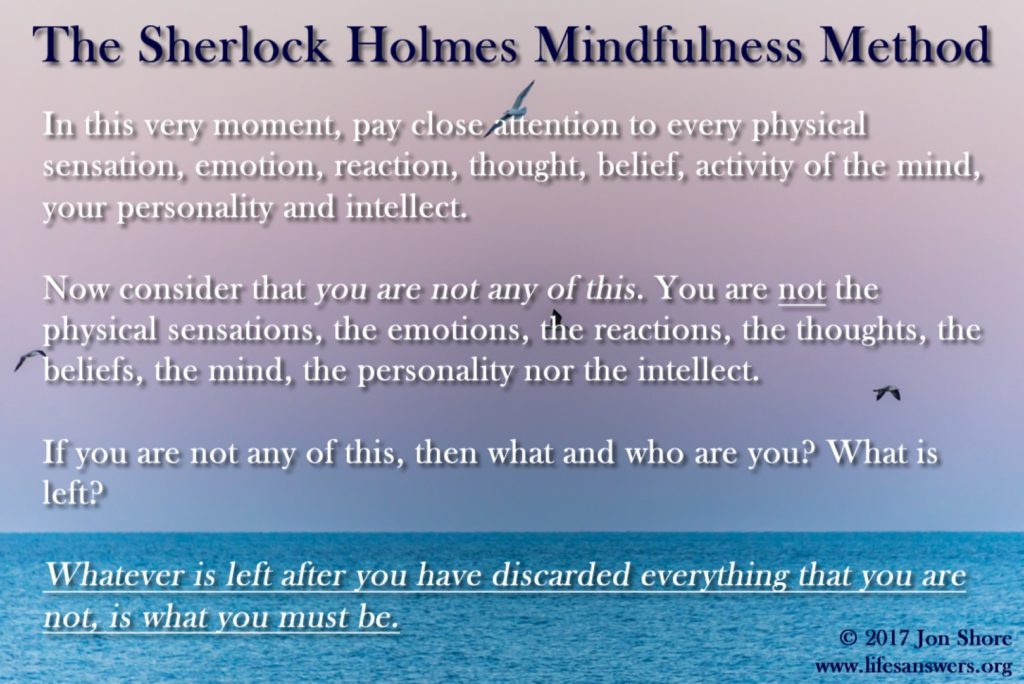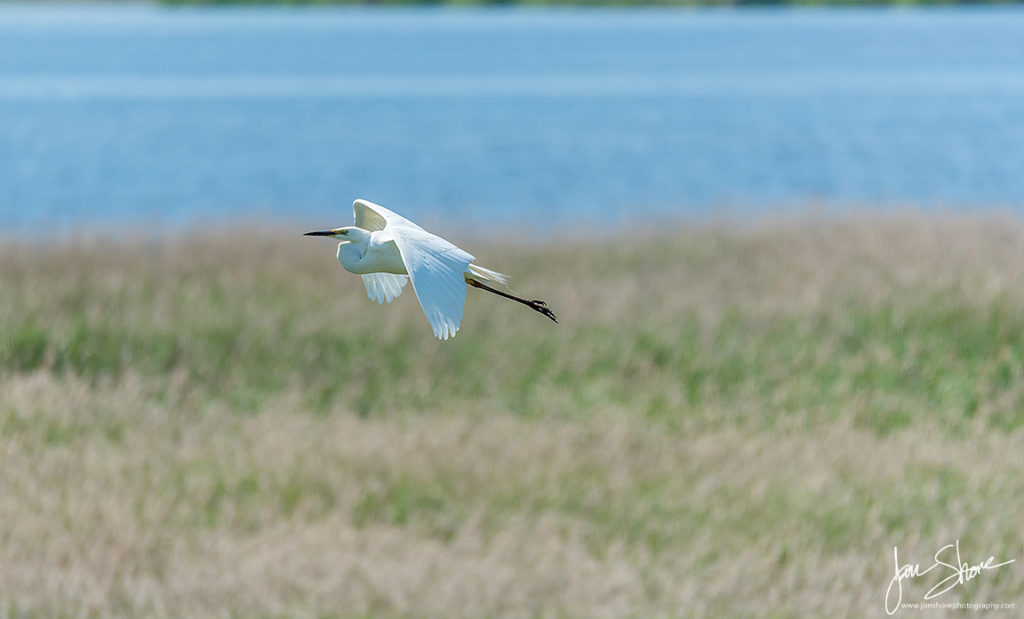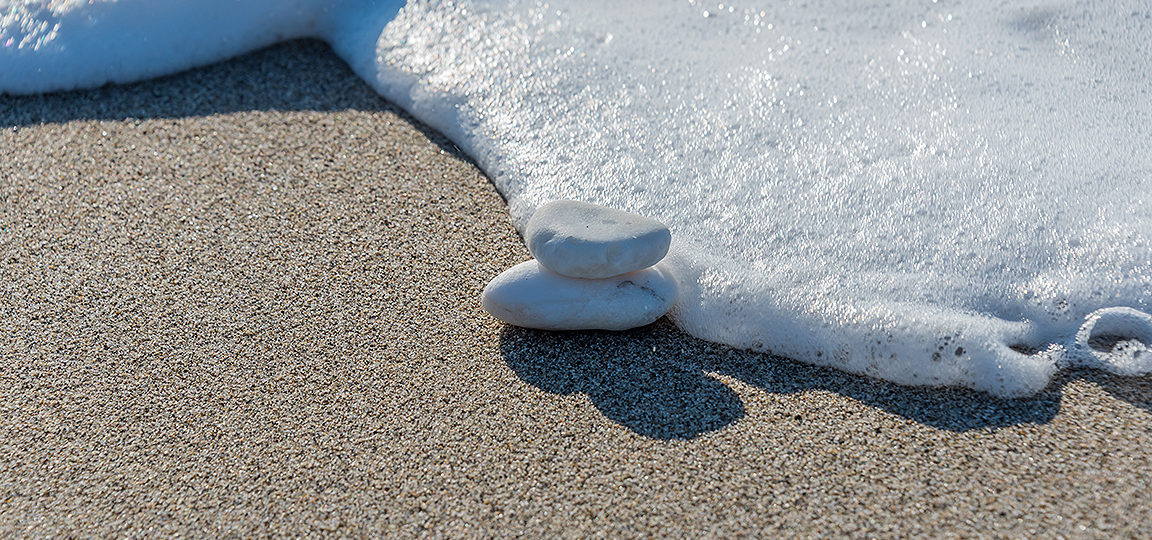Who Am I? Maintaining Your Sense of Value and Identity Throughout Life
Who Am I?
Maintaining Your Sense of Value and Identity Throughout Life
Through trials, tribulations and transitions, from birth to death we experience various identities. Some we are given by others and some we adopt ourselves. Sometimes identity is associated with age; newborn, baby, child, teenager, adult, middle aged, senior, elderly. Sometimes our identity is linked to physical, psychological or emotional states; healthy, sick, happy, sad, depressed, sociopath, narcissist, psychotic, angry, fearful, peaceful, accepting, kind, lazy, thoughtful, loving, hateful. Often identity is defined by economic or social status; employed, unemployed, winner, loser, rich, poor, middle class, upper class, classy, classless, lower class, impoverished. Often our identity is based upon our work; doctor, lawyer, builder, carpenter, trash collector, therapist, retiree, executive, entrepreneur, manager, banker, miner, engineer and on and on. We also tend to identify with relationships; mother, father, grandfather or grandmother, son, daughter, wife, husband, friend. We might also identify with particular physical attributes like; tall, short, thin, fat, beautiful, homely, strong or weak. Human beings also identify with gender and sexual preferences. The lists go on ad infinitum. These identities become our life stories. The sum of these identities is, in part, what we call our ego, the me with all its ups and downs, joys and sorrows, life and death. This is how human beings normally identify themselves.
Consider all the identities you have had in your life so far.
Consider what happens when what or who we identify as changes? What happens if a woman identifies as a wife but the marriage ends and she is no longer a wife? What happens if a man can longer work as a coal miner because the industry changes and there are no more coal mining jobs? What happens as we shift identities from child to teenager to adult to senior? What happens if we have an accident that causes a disfiguration and we lose the beauty we identified with? What happens if we go from impoverished to wealthy or if we grow a company from scratch and then lose it? What happens when we retire after working all our lives? What happens to our identity then? Do we lose our value and worth? Are we no longer deserving of the respect or love of others?
These changes in identity can be traumatic, especially if they occur rapidly. They feel like a loss of something stable or precious. These losses can make us feel worthless or without value. They can feel like death itself. A loss of an identity can cause depression, emotional, mental or physical illness. Many people have even committed suicide due to a perceived loss of their identity.
What is the best way to cope with this series of, seemingly, inevitable changes in life?
The answer to this question lies in the fact that there is a core identity that never changes. It is consistent, whole and untouched by all the trials, tribulations and transitions of life. I call this identity the True Self. So, when we can feel this core, the True Self, and identify as this, then all the other identities become superfluous. We can experience them, learn from them and superficially and temporarily identify as them but we remain unaffected by them or any of the other life changes that inevitably occur. Feeling and identifying as the Self also allows us to fully experience all of life’s transitions, trials and tribulations without having to carry any of the usual emotional and psychological baggage that often burdens and overwhelms us. As the Self we are able to live life fully; ignoring nothing, seeing every detail and learning and gaining from all of it. When we feel the Self we are able to experience the unshakable inner peace and intrinsic sense of value that are an integral part of our core identity.
How do we find, feel and live as the True Self?
How do we find this core Self? We find it where it has always been and will always be. The True Self is our real identity. We may be distracted from it but it is still who and what we are even when we do not feel it or are not cognizant of it. We find it by discarding every aspect of our identity that changes or is affected by inner or outer change. We use quiet, mindfulness and deductive reasoning. We pay minute attention to our beliefs, reactions, actions, feelings, thoughts, emotions, stories, physical experiences and the reactions to us of everything around us. We do this without judgement, without attaching any value to any of it. We pay honest attention but judge nothing. We witness, we observe.
Then, when we have examined all these details, we contemplate the idea that none of those are what and who we are. We contemplate this so deeply that we begin to feel it. We ask ourselves, “If I am not any of this then who and what am I”? “If I am not any of the thoughts, emotions, stories, feelings, actions, beliefs, or stories then what is left when all of that is gone”?
It is helpful to contemplate this in quiet and meditation. It can also be helpful to do this exercise while looking into a mirror. Be patient with yourself.
It may take some time to really feel this but, eventually, you will.

Once you can feel that core Self you can practice relaxing into it. Letting go of everything and just relaxing into that feeling of wholeness, peace and comfort. Do this as often as you can but certainly every morning and evening. Do not try to control anything or answer any questions. Just let go and relax into the Self. Nothing more. During this process take some deep breaths and relax even more into the Self. Teach your mind and body that a deep breath is a signal to feel your true Self. You will learn to do this any time and any where with just a deep breath.
At some point in this process you will be able to start living from this perspective. Usually in small ways at the beginning. You will make small decisions from the perspective of the Self. Do I have a coffee or an ice cream? Do I read a book or watch TV or just take a walk. Test this way of acting in the world in non-threatening ways until it becomes second nature. Express yourself to those you trust from this perspective. People who accept you for who you are. Be authentic with them. A little at a time until you feel safe and become accustom to being authentically yourSelf. It will feel like a great risk quite often so take this in small steps to help mitigate that feeling of risk. Take your time. There is no hurry. As you act authentically in day to day life you will experience the core Self much more profoundly. It is a powerful experience and one that will offer numerous benefits.
Remember, no matter what changes occur in your life, no matter what experiences you have, no matter your financial, health, work or relationship state, nothing changes your core Self. No matter what occurs in your life, you always have access to this calm place of clarity from which you can make wise decisions and can view all events from an undistracted perspective.
You can do all of this on your own if you wish but it can also be extremely helpful to explore this with the support and guidance of a good therapist. I have provided many resources for experiencing the core Self and living it at this website. Whether you do this with the assistance of a therapist or on your own, feel free to make use of these tools and insights.
© 2019 Jon Shore
All Rights Reserved
To reprint contact Jon at reachout@lifesanswers.org.

